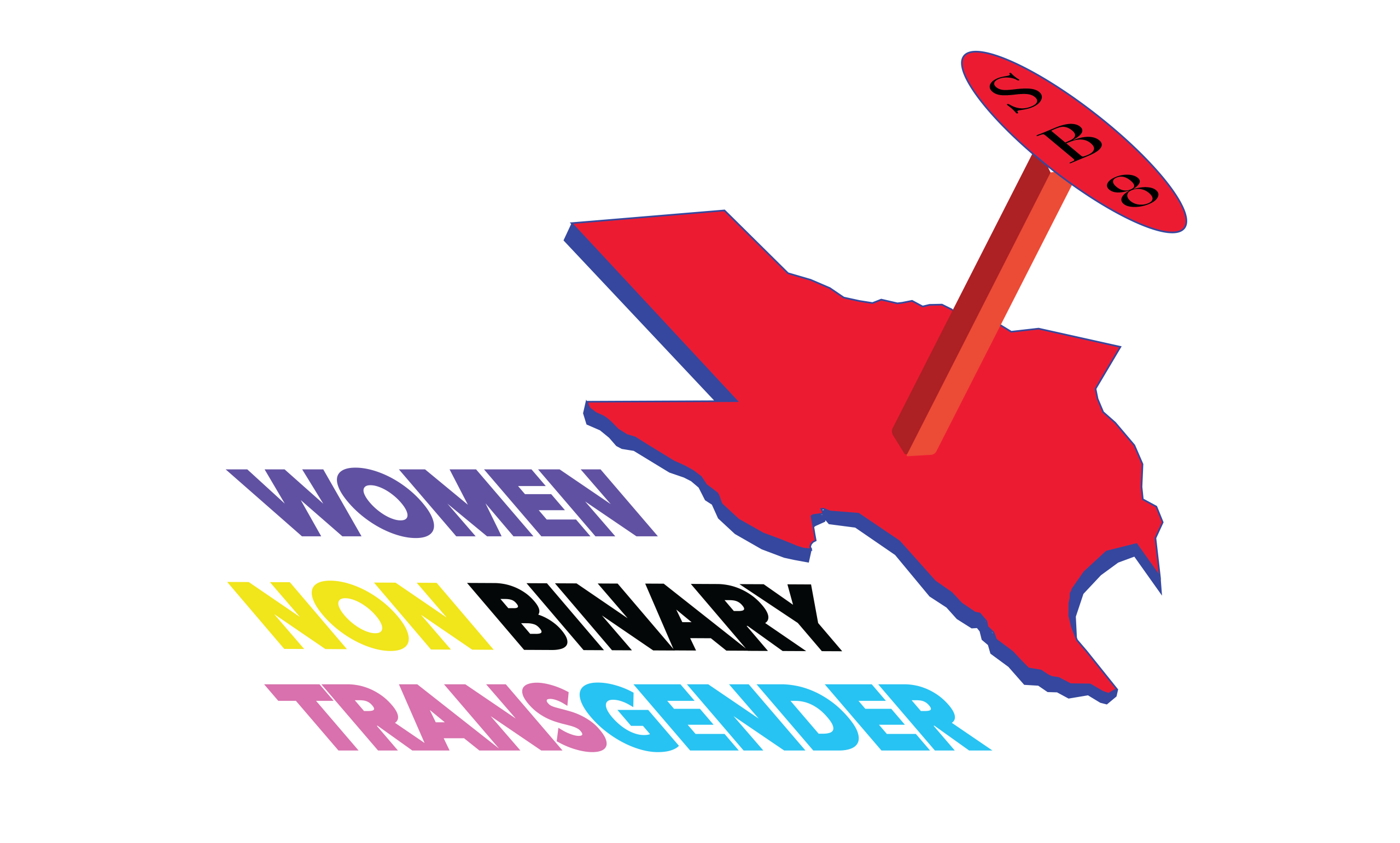Forty-eight years after the historic Roe v. Wade decision, the rights of women, and anyone who can get pregnant, are still in danger.
In a horrific move, Texas Gov. Greg Abbott fulfilled many Texas Republicans’s hopes by signing Senate Bill 8, also known as the “heartbeat bill,” which bans abortions after an ultrasound is able to detect cardiac activity, what lawmakers deem to be a “heartbeat.” The law was voted in on May 19 but started to go into effect Sept. 1.
The problem with this is that people who are pregnant typically become aware through skipping their menstrual cycle, around four weeks into a pregnancy. This does not account for any issues or irregularities they face during their cycles. “Heartbeats,” meanwhile, are detected around the six week mark. At that time, the heart and heartbeat have yet to develop. The Texas bill completely defies the 1973 U.S. Supreme Court Case Roe v. Wade, which decrees that abortions are a constitutional right, by making an abortion a suable offense and punishable.
Abbott’s decision to sign this bill is another example of male leaders imposing their authority on rights that do not apply to them. The right to choose is just one of many that are continuously debated by cisgender male officials, while their impact is predominantly on female, nonbinary, and transgender people. The first step to undo this pattern is electing more women and stakeholders of power, but the societal shift does not stop there.
Nina Yee (COL ’23) is the Vice President of H*yas For Choice (HFC). As a Catholic institution, Georgetown chooses not to provide students with contraceptives. H*yas For Choice fills this gap by offering contraceptives and birth control to students despite not being officially recognized by the university.
While abortion is predominantly referred to as a woman’s right and the majority of people who can get pregnant identify as women, it’s important to recognize people of all gender identities can menstruate.
“I think that it’s not necessarily just a female kind of issue,” said Yee. “It’s an everybody issue and it’s everybody’s right to have that autonomy over their bodies.”
Yee was upset by Senate Bill 8, but not surprised.
“I definitely was initially outraged, but I feel like for many activists, this is a feeling that has been so familiar over the past few years that it just felt like such a disappointment,” Yee said. “And even with all the anger that we are looking forward to, things still seem so bleak that the anger can even still fall short.”
Yee pointed to the “bounty hunter provision” in the bill, which grants Texans the ability to sue someone aiding in an abortion for a monetary reward. Neighbors can report on anyone they know to be involved, including doctors, employees at abortion clinics, those seeking an abortion, and people transporting the patient. This provision will not stop abortions; it will only further dangerous practices and unethical incarceration.
Tessa Block’s (COL ’25) reason for joining HFC was straightforward: Having a choice is important, and currently reproductive rights have succumbed to the patriarchy.
“I was completely struck by the fact that [the law] was actually upheld,” Block said, explaining that South Carolina passed a similar law limiting abortions to six weeks. “It is not a shocker that states are continuing to try to pass these kinds of laws.”
Far too often, men are at the helm of these decisions, no matter what they decide. States like California, New York, Washington, and Vermont, which are led by male governors, all passed legislation protecting abortion. In Texas’s state legislature, there are 48 women to 132 men in the legislature. In Congress, women compose 26.7 percent of the members, including 24 percent of the Senate and 27.4 percent of the House.
We cannot even begin to ponder reproductive justice without people who can get pregnant making the decisions. As Block demanded, “Can we start to break that glass ceiling even more and enter into that political realm and gain leadership positions where [women are] the ones opposing these laws directly?”
Men must stop believing they have autonomy over anything regarding a body that is not theirs. I am tired of hearing men say they have control over a woman’s body. I am tired of fellow men not only passing legislation that doesn’t affect our own bodies, but thinking that we can make these decisions at all.
Electing more female leadership may not be the definitive answer. Of the nine current female governors in the United States, few have engineered major pushes regarding reproductive rights. Of the states deemed to have laws “protecting or expanding abortion rights,” few have female governors. And Governor Kay Ivey of Alabama passed legislation restricting abortion access in 2018. Additionally, men in power frequently appoint women who share conservative views on abortion to attempt to rectify the lack of female representation but keep restrictive measures against those bodies. Few nonbinary and trans people are represented in government.
While Republicans were flaunting that Justice Amy Coney Barrett was the newest woman appointed to the Supreme Court, protesters were flooding the streets with the knowledge that she would not be making decisions to uphold Roe v. Wade. She and others have been made into “token” leaders who misogynist politicians use to defend a lack of female leadership in politics. Additionally, most of these leaders are white, and the majority of reproductive restrictions affect people of color at higher rates due to institutional racism and socioeconomic status, with less access to contraceptives and birth control.
This does not change the fact that we need more female and nonbinary representation. Regardless of whether they vote in restrictive laws or not, it is their experience that makes their opinions on the matter more impactful and important than any other.
“[Reproductive justice] is not just for one group, it’s for everybody,” said Yee. “But including non-males in leadership is incredibly powerful as their experiences as a minority within a heteropatriarchal society is incredibly important for revealing and rectifying injustice.”
Elevating diverse female voices in leadership is just the beginning to a needed social shift regarding reproductive justice. Men must take a step aside on issues regarding reproductive rights, and understand there is no sufficient experience to educate cis men on these issues that would give them authority to legislate on it. People should not have to worry about receiving a fine for affecting their own bodies, and reproductive rights should not come with an asterisk.
**
Planned Parenthood source on how to get an abortion if living in Texas
Planned Parenthood source on how to get an abortion if living in DC





